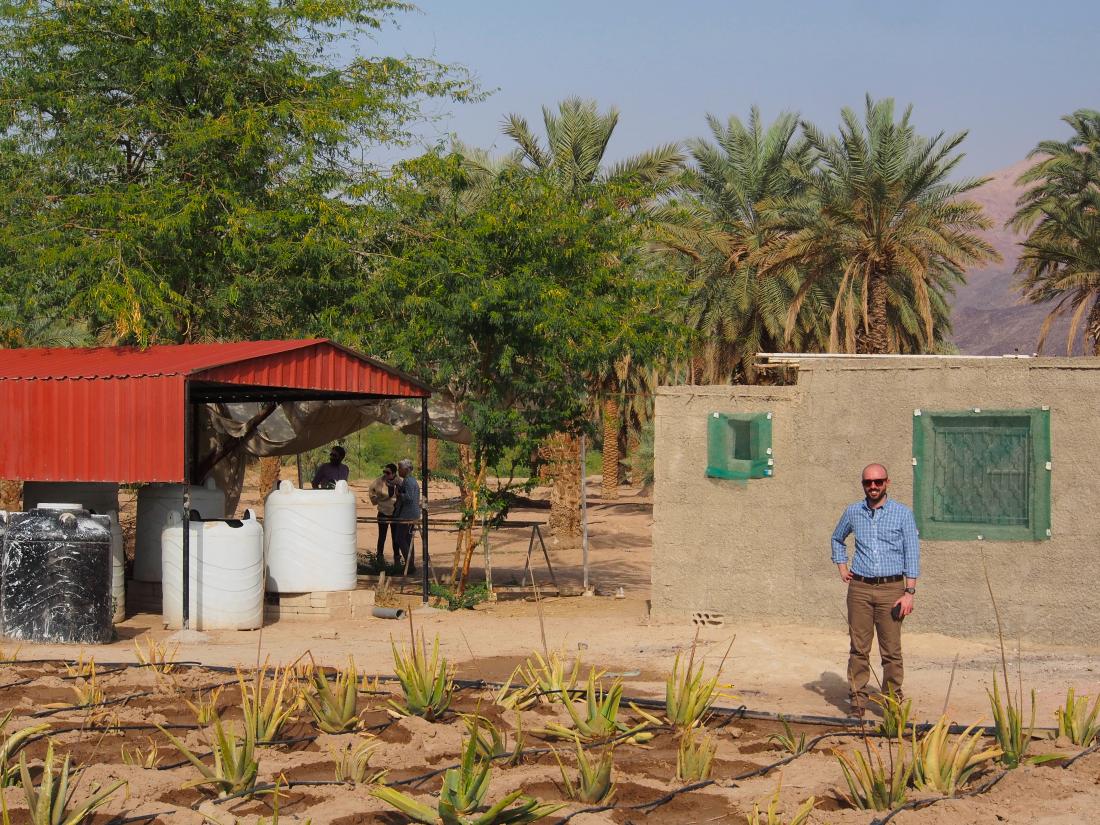RESET: Meet Leonardo Borsacchi, commodity scientist in Italy: “Using successful knowledge from EU-projects can have an impact on enterprises"

PIN – Polo Universitario Città di Prato is the Italian partner from RESET project, a consortium company with a majority non-profit public participation implementing research and training projects, which counts on with the laboratory ARCO. This is a university institution that offers research services and quality consultation to achieve impact evaluation. In a nutshell, ARCO is going to contribute to the success of the capitalization project through focusing on the identification, location, gathering, analysis and synthesis knowledge concerning best ways to support sustainable and green entrepreneurs.
Through the Circular Innovation and Sustainable Unit, ARCO will collect and elaborate two actions: a Capitalisation Lab (CL) and a Capitalisation Clinic (CC). The Capitalisation Lab will encompass a research-based knowledge map and an innovative database management system. It will gather data from the target projects and target stakeholders, analyse this across key success indicators, to extrapolate good practices and key learnings. “The main expected achievement is the identification and analysis of existing knowledge produces by previous ENI CBC Med projects”, mentions Leonardo Borsacchi, PhD and Commodity Scientist at ARCO.
As a result, projects specialized in support services to start-ups will be reinforced, public bodies will be better informed, and ultimately more entrepreneurs will be supported and more investment will be directed. On his side, the Capitalisation Clinic will offer re-active support and building capacity to EU project stakeholders across the Mediterranean to ensure the capitalisation framework informs on-going a future projects addressing sustainable and green entrepreneurship.
“In Italy, the ecological transition process has recently been driven by the National Recovery Plan. In this perspective, any instrument that can help and contribute to the success of green and circular start-ups is of extreme interest”
“Using successful knowledge already produced and tested in previous projects can have an impact both at micro level and at the level of policy-makers”, says Leonardo. “In Italy, the ecological transition process has recently been driven by the National Recovery Plan. In this perspective, any instrument that can help and contribute to the success of green and circular start-ups is of extreme interest”, he adds.
On a local level, in Italy it is important to push toward a better legislation, knowledge and funding to overcome barriers. “These barriers are a challenge for green business projects. It is important to work at different levels (macro, meso, micro), in order to discuss about shared solutions and enable the green and circular transition”, he says. At the local level, according to Barbara’s point of view, many cities in Italy are developing green urban policies.
For this reason, green businesses should be given more tools, both from the point of view of regulatory simplification and the provision of finance. Some practical ways and tools to be used to empower women and youth in the green business sector are training, guidelines and handbooks, in order to develop and adopt digital solutions.









